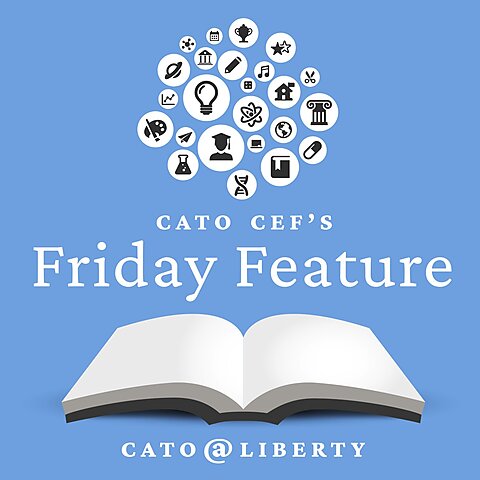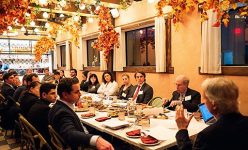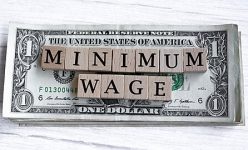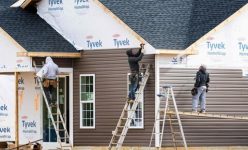
Tonya Kipe saw the flaws of the public school system both as a mom and a teacher. She loved her elementary teaching position at first but grew frustrated by how cookie-cutter and robotic it became. Hers was one of eight second-grade classrooms at her school, and they were all expected to be keeping the same pace despite having students at various levels. “We were a Title I school,” she recalls. “Half of the group was reading below grade level, but we were still pushing second-grade content.” Kids responded by crying, crawling on the floor, and generally acting out. Tonya says she felt guilty because she knew she wasn’t serving the children well and it seemed unethical to her.
As her own children left elementary school and headed into middle and high school, she saw problems throughout the system. Her oldest son had a block schedule in high school, which meant classes met fewer days per week but for longer periods of time. In theory, this schedule gives teachers and students more time to dig in and explore the topics they’re covering. But that’s not what was happening. “The teacher would teach for 10 to 15 minutes and give them a worksheet. When they were done, they’d put it in a basket. Then they could watch Netflix, sleep, talk on the phone, and be with their friends,” she says. He watched complete multi-season shows during school because there was so much downtime.
Things were worse for her youngest son, who has an individualized education program (IEP), a document that provides guidance and explains accommodations for students with special needs. When he was in elementary school, Tonya was able to work with his teachers when any issues came up. But it wasn’t as smooth in middle school. By the time he was in eighth grade, she realized it wasn’t working and decided to homeschool him.
Tonya let him pick out what he wanted to learn, like welding and building. “He wasn’t stressed by the schedule. He wasn’t stressed by people telling him how he’s going to be a burger flipper, and he’s dumb and that he’s not doing what the rest of the group is doing,” she says, adding that she wishes she’d started homeschooling sooner. Her son was so much happier that his friends started asking him if he was taking drugs.
Tonya realized she wanted to create a place where she could be just as happy teaching and the kids could be happy learning. “If they need extra time for something or they need to accelerate, I want to be able to give them that. And then I want to teach them what they want to learn,” she says. “So we started Kipe Academy. We started off with one student, then it grew to three, and it just kept growing.” (Kipe Academy is in Polk City, Florida.)
Like many founders, Tonya had a hard time finding a building, so she initially offered after-school tutoring at a park or the library. She began holding science-themed weekend workshops that were open to any student regardless of school. As Florida’s school choice programs began providing flexibility for personalized learning, she started getting more home-education students.
She expanded her search and finally found a location that worked to launch her full-time program in August. “We try to do academics Monday through Thursday that are based on the unit theme. Then Friday is the social piece of it or the more relaxed piece, where we’re doing like the fictional text instead of non-fiction. And we’re doing the directed drawing and the one-and-done art, not a project that takes the whole week,” she explains. “We have kids who come Monday through Friday, and we have some kids who come for just fun Friday.”
Tonya acknowledges that she, like many parents in her community, used to see options like homeschooling as taking away from the public system. But her perspective changed when the system wasn’t working for her son. “Why should we keep doing something if it doesn’t work? Just because that’s the way it’s always been done? And so that’s when my mindset was changed,” she says. “I’m not saying public school is bad or that public school should be abolished. But if it’s not working for you, pick something different. Especially since you have options.”
Now Tonya is working to help other parents understand and navigate Florida’s diverse educational landscape. “In October, I teamed up with some other local microschool leaders, and we hosted the first Homeschool Choice Expo. We invited the state scholarship program to come, so they were there. We got to network with other microschool leaders and just to try to bring awareness to the community about all of the different options that homeschooling allows,” she says.
Founding Kipe Academy has been enormously beneficial for Tonya as well as her students. “When I go home, I’m not tired because when my kids are doing recess, I can actually sit and do a little admin work. Or if I want to get up and play with the kids, I can play with the kids. We can go to the bathroom when we want to go to the bathroom. Even though I’m working all day and then I tutor after school and then I have meetings in the evenings, I am still less tired and more energized than when I was working in public school,” Tonya says. “I’m not stressed. And because I’m not stressed, I don’t have to force that stress on the kids. And it just makes it a whole different vibe or environment.”























